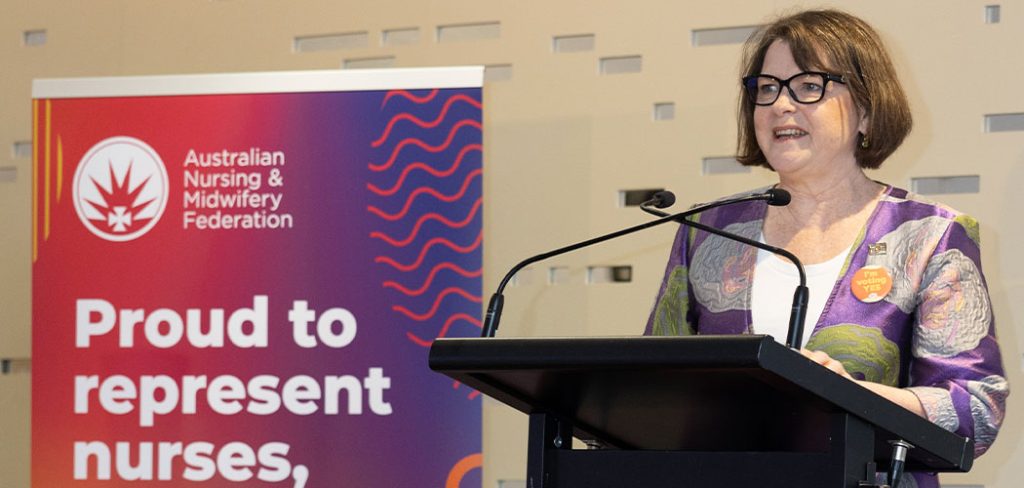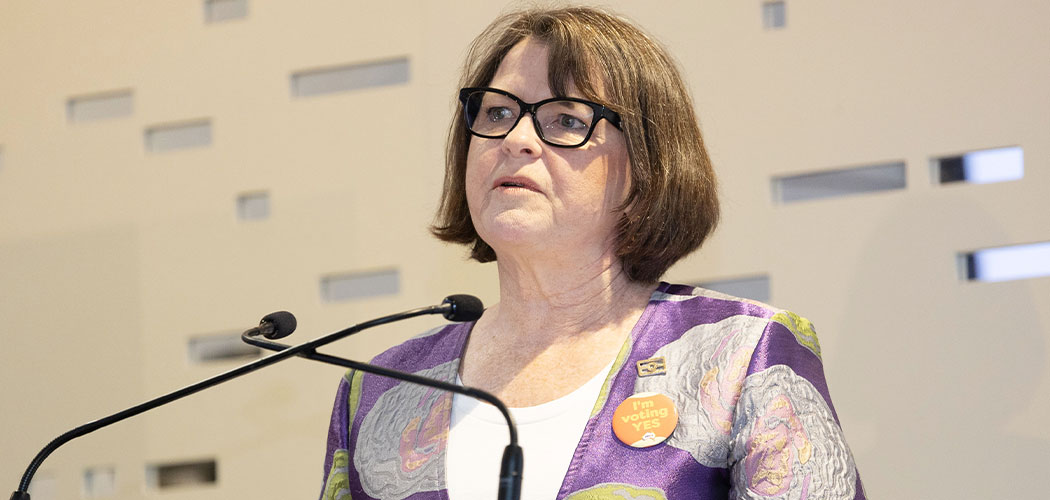Two out of three women experience bias and discrimination within Australia’s health system, a new report has revealed.
The findings, emerging from the first End Gender Bias survey, were released today by Assistant Minister for Health and Aged Care, Ged Kearney, at the 2024 National Women’s Health Summit at Parliament House in Canberra.
“The results of the #EndGenderBias survey, whilst shocking, are not surprising,” Minister Kearney said.
“For too long, women have been suffering unnecessarily. They’ve been dismissed, ignored, and called hysterical.”
Almost 3,000 women, healthcare professionals and peak stakeholder groups took part in the survey, which asked Australian women to share their experiences of the health system.
The most common aspects of care in which women experienced gender bias involved diagnosis and treatment. Some women reported having their symptoms or pain dismissed or were given insufficient treatment recommendations like paracetamol and a hot water bottle.
Consistent themes included feeling dismissed, disbelieved, and stereotyped as ‘hysterical’ and a ‘drama queen’. Women reported that their symptoms and pain were often attributed to other causes such as menstruation, lifestyle factors or even ‘faking it’.

“Within the first few moments of meting me, [the doctor] had decided I was a ‘waste of time’, a hysterical woman with a non-urgent problem who was being dramatic”, one respondent said.
Today’s Summit brings together experts, policymakers, community advocates, and women with lived experiences to discuss how Australia can transform the health system to improve access to healthcare, services, and outcomes for women. It will also cover issues including birthing on country and maternity care, medical research, and access to health for rural women.
Minister Kearney said the federal government was committed to addressing health outcomes for women and gender-bias in the health system.
“We know that bias against women in the health system leads to poorer health outcomes,” she said.
“Bringing together a host of experts, policymakers, advocates and women with lived experience, the National Women’s Health Summit will be a turning point for women’s health in Australia.”









2 Responses
More attention needs to be placed on abnormal bleeding for women around menopausal years.
I was dismissed ending up 6 months down the line with a cancer that had grown through my uterus needing radiation. Not only at the cost of public funds but also with my health.
Also super funds that we pay premiums to every pay to provide women with income protection need to become part of this review. I was hounded by a CM from my super fund to return to work after a hysterectomy SPO and radiation from missed diagnoses of cancer. They expected me to bounce back Like I was 20 and start work 4 weeks after all this trauma to my body soul and mind. Where is the compassion!
This is my experience & I’m incredibly unwell for quite a while. I go to sleep hoping I won’t wake up. The pain is excruciating at times and the problems exhausting.